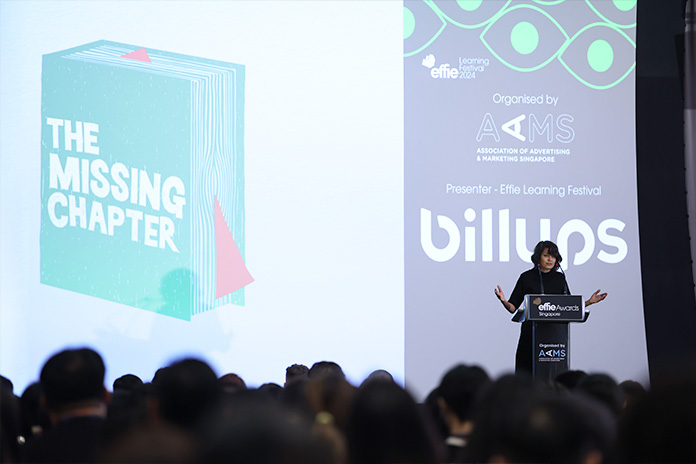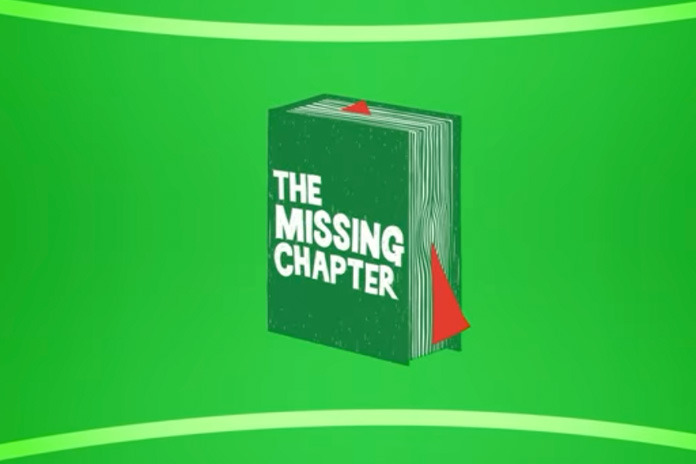WHEN 23 million young girls drop out of school ever year because they get their periods, and are unaware of how to deal with it, there is a pressing need to raise awareness of the solutions in place.
But, in India, where the subject matter is still taboo and the healthy biological process is considered ‘unclean’, it was to be a massive undertaking that grew into a much larger programme of change.

At the Effie Award Singapore 2024 learning festival, Sonal Chhajerh, National Creative Director of Leo Burnett, India, introduced Whisper’s campaign, encouraging the use of female sanitary products in India to enable young girls to remain in school.
Keep Girls In School
Sonal and her team spent the last 5 years on the ‘Keep Girls in School’ platform. The topic, still heavily taboo in India and several other parts of the region, needed to be approached delicately, and with consideration of a variety of stakeholders.
“At some point we stopped being an advertising agency about this, we engaged with think tanks, policy makers, and with the government in so many states.
“When you want to drive change, you can’t box yourself into what an agency can do, change doesn’t always happen on the TV screen.”
Sonal notes that past attempts had failed to reach their target audiences, and furthermore models who had represented those campaigns had struggled to find work and been shunned from society thereafter.
To identify their target audience, Leo Burnett spoke to the consumers of sanitary products, policy makers, NGOs, and the young girls at the heart of the campaign.
“70% of India’s population live in rural areas, and only 28% of them are using our sanitary products. There is a vast need for education. Such issues percolate through social strata.”
ALSO READ: Marketing – It’s Not Brave, It’s Sensible
Taking The Less Obvious Path
Sonal could see that the solution to this issue wouldn’t come through advertising, but rather through education.
“We made every mistake in the playbook along the way. We started out using TV commercials and mass media to spread awareness of the issue. At the time, up to 23 million girls were expected to drop out of education during puberty, but during COVID the number was predicted to go up to 33 million.
“We realised that talking about the problem was no longer going to be enough, advertising would have to become part of the solution.”

The campaign entitled ‘The Missing Chapter’ spread awareness through bright red cheat sheets distributed throughout schools, that succinctly detailed female reproductive biology for the target audience, representing the information that had been removed from textbooks.
Books Versus Mothers
Sonal emphasised the significance of reaching out to families, “When it comes to a mother’s word versus a textbook, a mother’s word will trump any textbook any day, so it was really important for us to create an ally in the mother, and educate them alongside their daughters.”
ALSO READ: A Happy Space For A Healthy Brain
Sonal and her colleagues also found that in recent years, the average onset age of menstruation was coming down, from 12 to 8, which Sonal speculates was due to stress induced by the pandemic.
“Campaigns like these are not easy to measure. Over the last year, from the data we had, we could already see that over 1 million girls had stayed on in school, so there was a strong measurable change.”
Sonal urges patience, as the transformation will not be immediate, but generational.





















